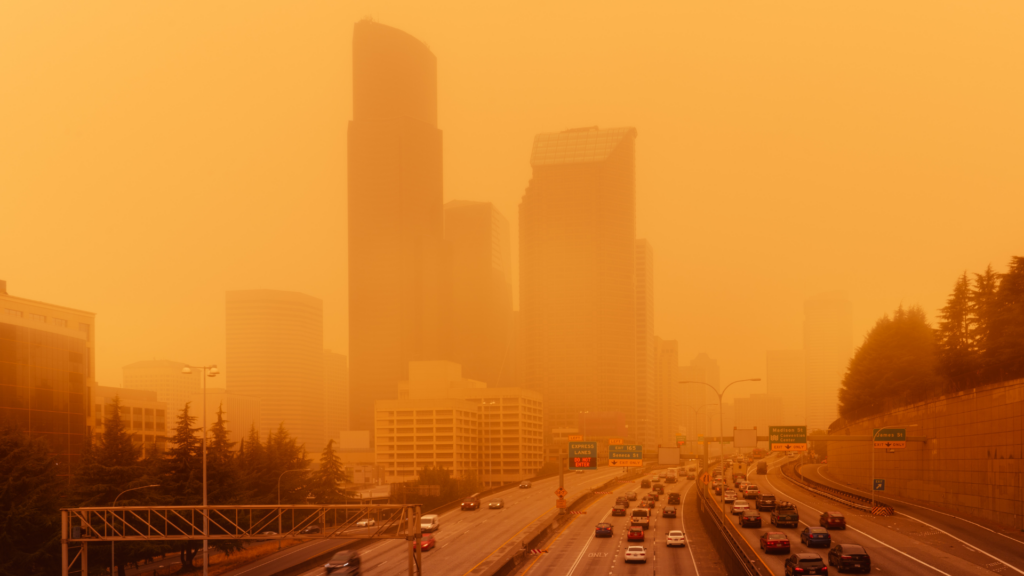Extreme weather hits harder on people experiencing homelessness. Imagine not being able to go inside during a heat wave or a snowstorm—living unsheltered means that people are unprotected from severe heat, cold, rain, wind, ice, and snow, as well as wildfire smoke. Living unsheltered can worsen mental and physical health conditions, and exposure to extreme weather leads to even greater complications for mental and physical health. For people who are already struggling to survive, extreme and severe weather brings yet another level of difficulty—and can even result in death.
In addition, natural disasters fueled by climate change can also create more homelessness as wildfires, landslides and earthquakes destroy homes and livelihoods. In the Pacific Northwest, over the next several years our region might see more people moving here as a refuge from places where climate change has made the environment even more inhospitable.
Weather Emergency Activations
Improving severe weather response across King County is a priority for KCRHA. Severe weather protocols activate at certain temperatures, heat risk, and air quality thresholds, and actions range from providing access to life-sustaining supplies like water or blankets to opening and operating severe weather shelters. In the absence of housing for all, emergency measures are necessary to help people experiencing homelessness protect themselves from harsh weather conditions.
This work depends on our partners—the nonprofits who do street outreach and manage day centers and severe weather shelters, the libraries that remain welcoming public spaces, and the cities that open their doors to provide extra space for people to stay safe.
It’s important to look at the big picture when considering the intersection of homelessness, housing policy, and climate change. Extra shelter space during extreme weather can help meet immediate survival needs, but it doesn’t address the root cause and isn’t a long-term solution.
Housing is a Basic Human Need
Abundant, affordable housing must be a community-wide goal.
Housing is the solution to homelessness, and public investments, along with other regulatory and incentive improvements, can address both climate change and homelessness.
As climate change accelerates, severe weather events—extreme heat, cold, and unhealthy air—are happening with increasing frequency. KCRHA and partners are ready with an emergency response to help people experiencing homelessness survive severe weather, but it will take broad community action to prevent homelessness by recognizing housing as a basic human need.



